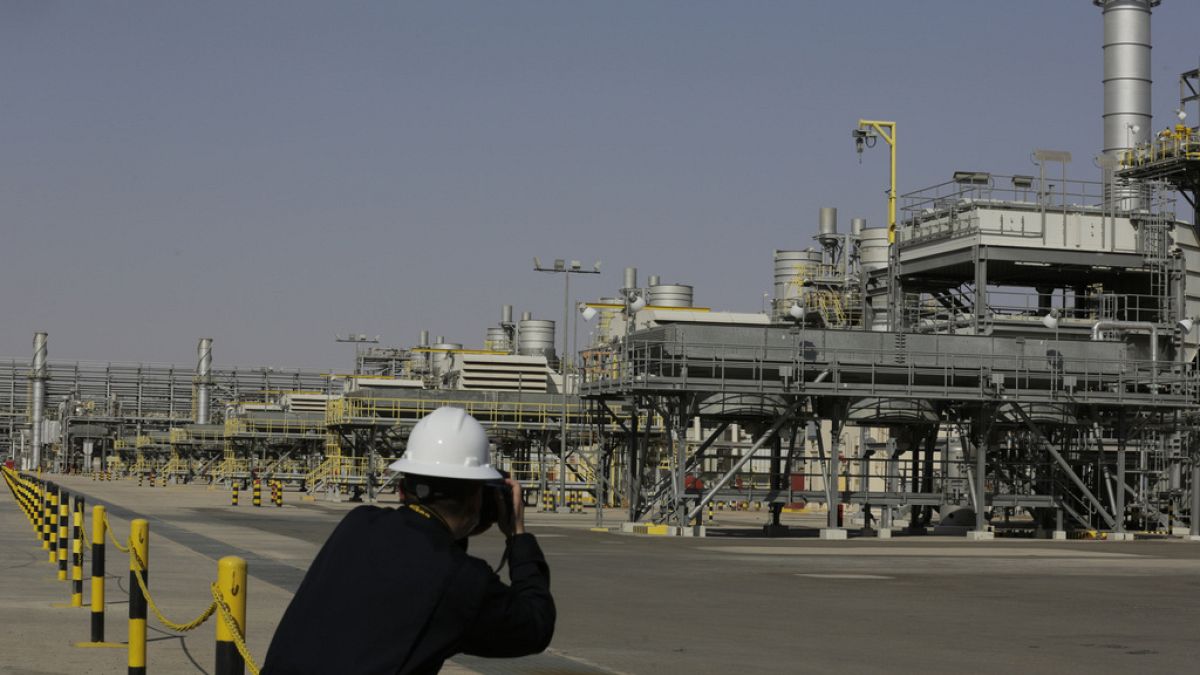

As the world continues to adapt to evolving economic landscapes, recent developments highlight significant shifts in energy production and financial regulations. These changes echo a broader global narrative of adaptability and progress.
In an effort to address fluctuating energy demands, OPEC+ members have reached a consensus to elevate their oil production by 547,000 barrels per day starting in September. This decision comes as a response to the increasing global demand for energy and aims to stabilize oil markets, ensuring a steady supply to meet consumption needs. The agreement marks a positive step towards balancing the interests of energy producers and consumers alike, as nations strive to maintain economic stability amidst varying global pressures.
Simultaneously, in the United Kingdom, a significant financial initiative is underway as the Financial Conduct Authority (FCA) unveils a substantial compensation scheme. This initiative addresses the concerns of millions of motorists impacted by missold car finance schemes. With potential payouts reaching up to £18 billion, the scheme is set to provide eligible consumers with much-needed redress, offering compensation that could commence as soon as 2026. The FCA’s proactive approach underscores a commitment to consumer protection, emphasizing the importance of accountability and transparency within financial institutions.
The dialogue surrounding energy transition takes a thoughtful turn in Australia, where the Productivity Commission advocates for a shift from traditional clean energy subsidies to innovative market-based incentives by 2030. This forward-thinking proposal encourages investments in sustainable energy solutions, aiming to optimize productivity while paving the way for a carbon-neutral future. By reconsidering existing subsidy structures, Australia is taking a mindful approach towards fostering a dynamic and resilient energy sector that aligns with global sustainability goals.
Meanwhile, in India, strategic decisions in the energy sector are guided by practical considerations, as Indian oil refineries continue to engage in transactions with Russia despite potential international sanctions. Such choices reflect a pragmatic approach, where factors like pricing, crude quality, and logistical aspects play pivotal roles in shaping economic decisions. This resilience mirrors a broader sentiment across global markets, where adaptability and strategic foresight remain crucial in navigating complex geopolitical landscapes.
These developments collectively signify a period of thoughtful transition and concerted efforts towards harmonizing energy production and financial regulation with the evolving needs of a globalized economy. As countries continue to align their strategic initiatives with long-term sustainable growth, the emphasis remains on fostering resilience and adaptability in an ever-changing world.
Source: {link}
